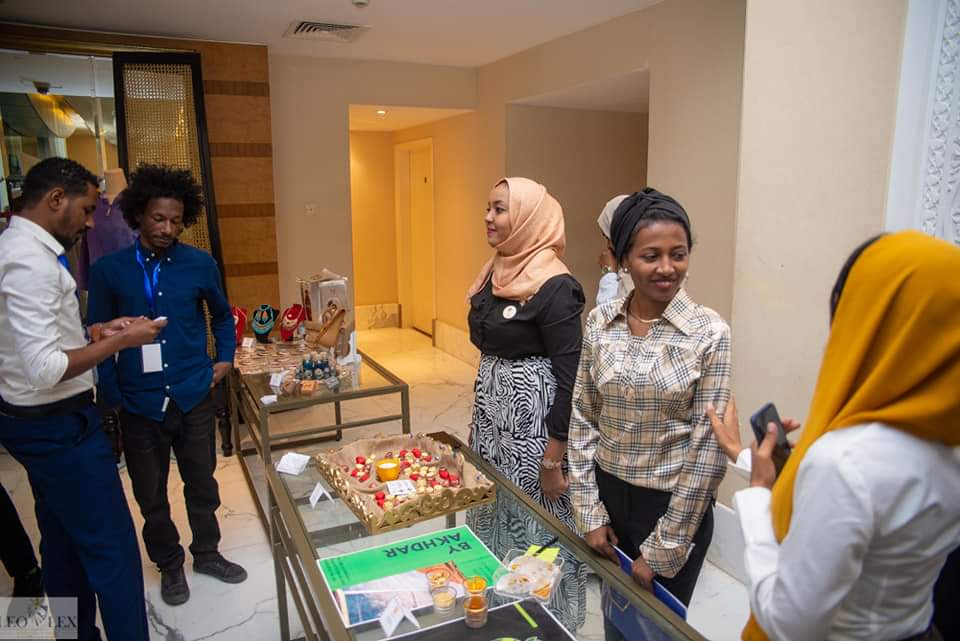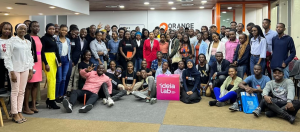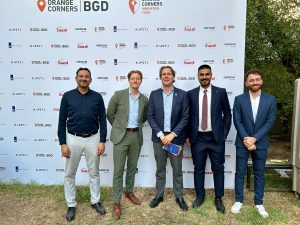We equip small and middle sized farmers with locally manufactured drying units and market access services to produce shelf stable, ready to be eaten by consumers.
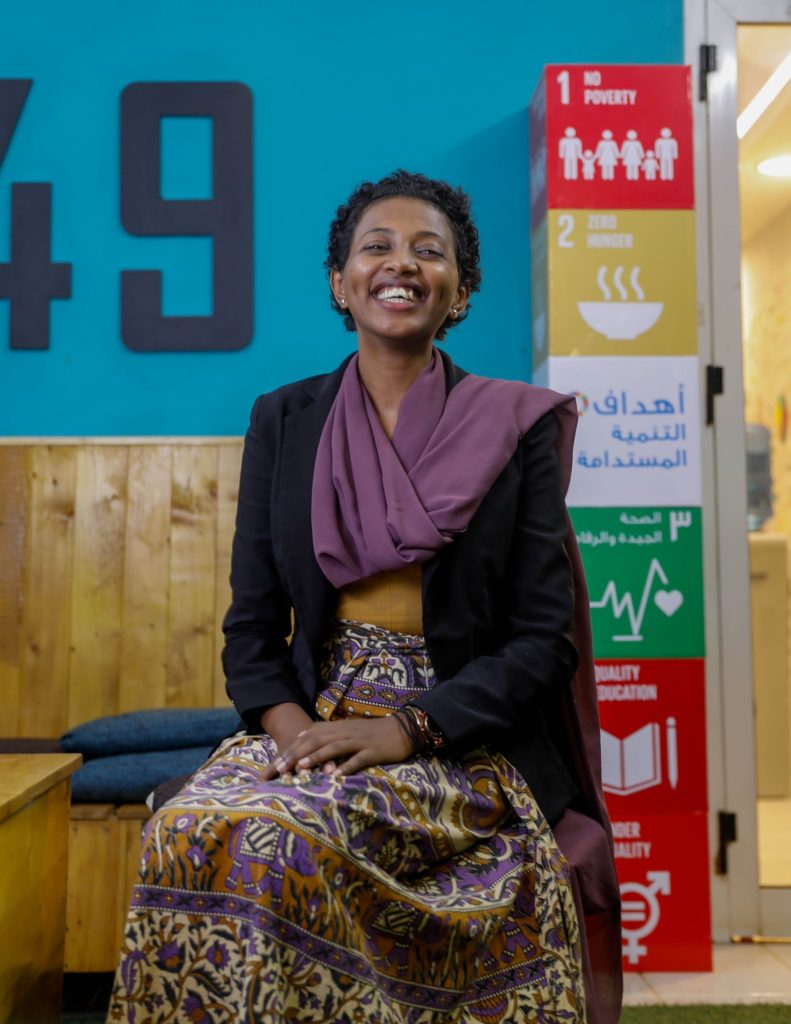
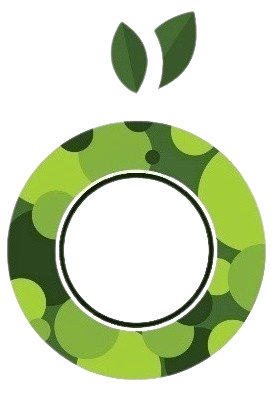
Agriculture remains a crucial sector in the Sudanese economy, accountable for nearly 95% of the Sudanese exports. Unfortunately, 40% of the domestic agricultural production goes immediately to waste. The remedy? Reducing the post-harvest losses, for example by saving and dehydrating surplus production fruits and vegetables. In this way, shelf-stable dry products can be consumed without discarding essential food items. One initiative that is pioneering in the post-harvest technology is Ethar Yousif’s start-up under the name of Akhdur. Using solid drying machines and thermal solar dryers, her start-up assists rural households small-scale farmers in improving their productivity and market accessibility, whilst mitigating post-harvest losses. OCHQ spoke to environmentalist, researcher and physicist Ethar to know more about her intriguing story.
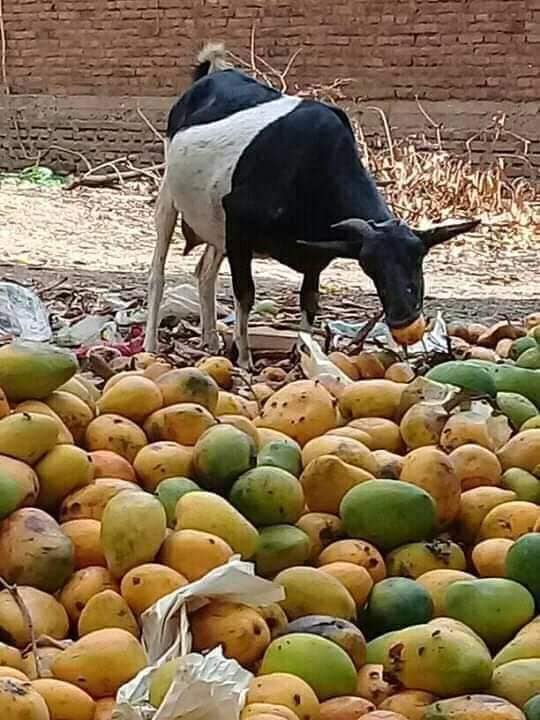
When did you become interested in agriculture?
“It all started when I was a little kid. My grandpa was a farmer and I grew up in his house. I can still picture my grandmother handing me over leftover fruit and vegetables. If I wouldn’t take it, she would put it outside to sun dry it. In my third year of my physic study, my fellow students and I were asked to create a renewable energy project. One of the projects we worked on in was solar dehydrators, which can save the agricultural production up to 40%. I realised with the help of physics that we can improve the drying methods using solar thermal energy technology (STE), harnessing the sun’s power to generate electricity. I created a prototype based on this project that we are still using for Akhdur!”
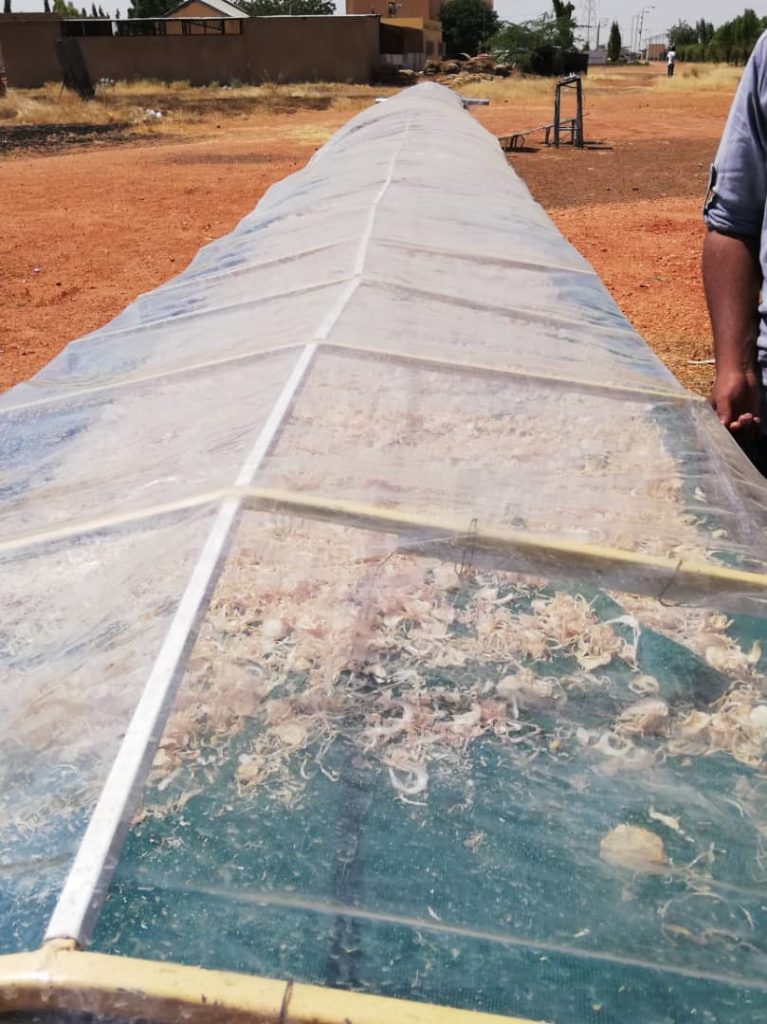
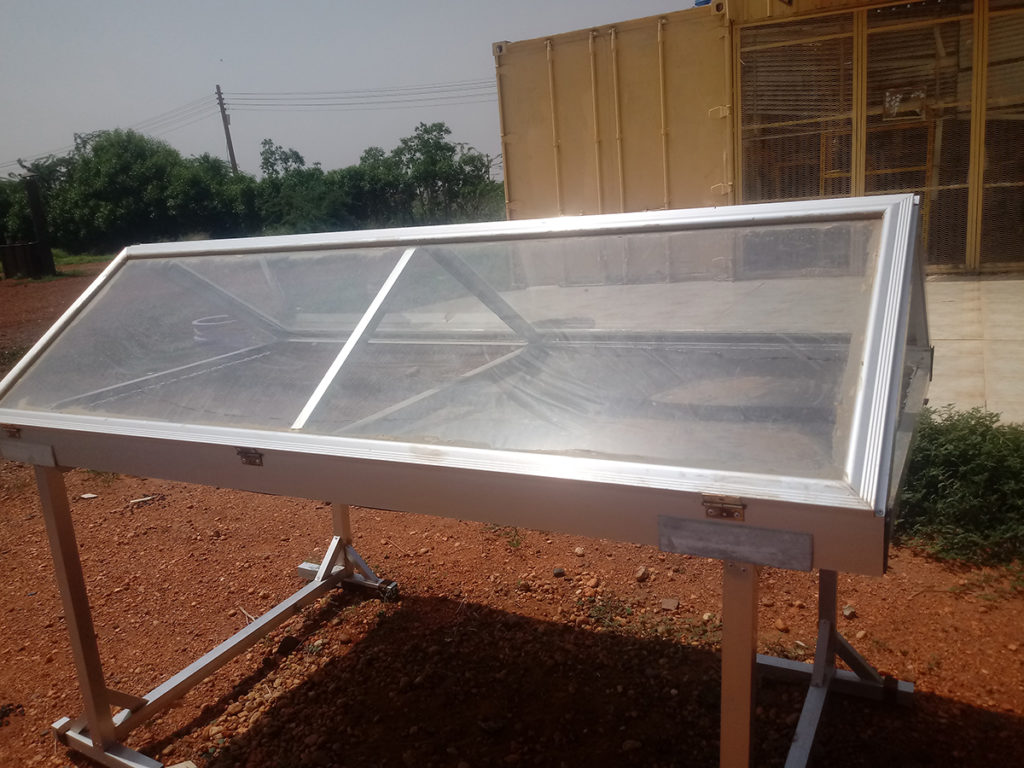
Where did the idea of Akdur originate from?
“During my physics study, I knew that I wanted to work in renewable energy and in the agricultural sector. At the time, I wasn’t sure I wanted to start my own start-up. I thought that I wanted to work with someone who already knew what he was already familiar in this field, so I could acquire new knowledge and skills, building up experience while I am on the way. So I moved around in different business environments. And when I didn’t find what I was searching for, I decided to do it my own way.
During the Orange Corners programme, we were in the prototype phase. So we had the dehydration method and we had minimums testing, but we didn’t truly produced anything before entering the programme. The competencies and business concept development we learned during the programme boosted our sales, triggered us to choose the right path and prompted making the right decisions such as the right customer segmentation. We aim to work in regions where women are affected by the lack of support and financial independency. What I learned from that Orange Corners’ experience is that aiming for mass sales immediately is unrealistic when you just start off.”
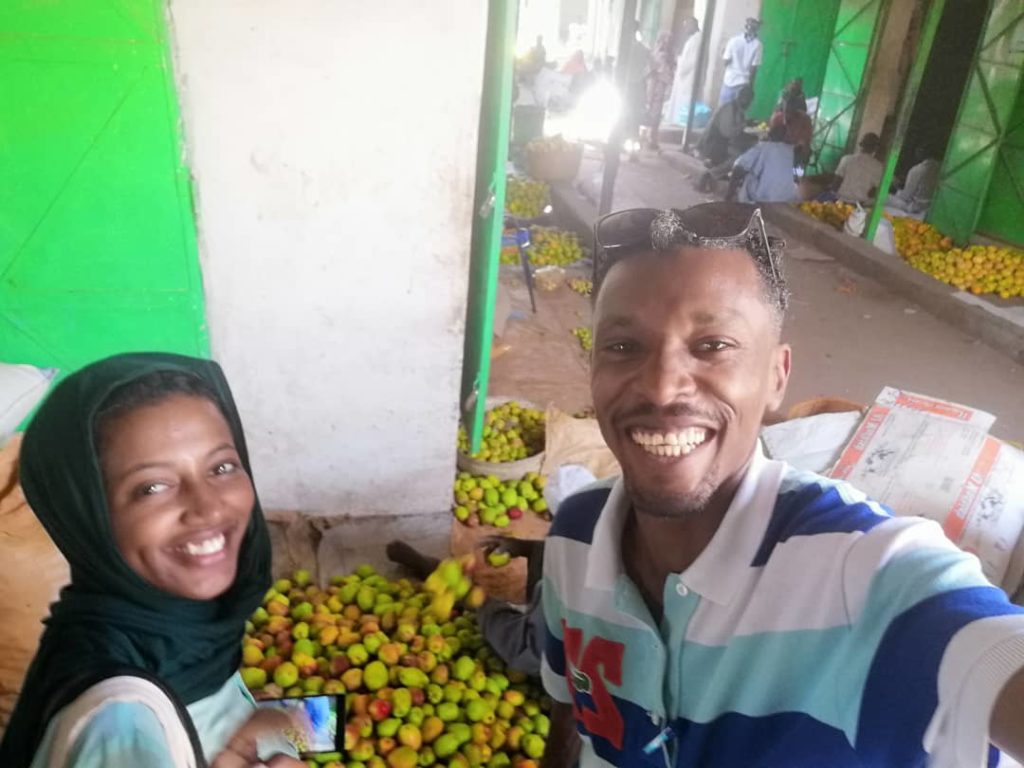
I observe that if you collaborate with smaller start-ups, you can achieve more results than if you start with bigger companies, as they really take your advice in consideration.
Why did you choose the name, Akhdur?
“We went for a name that is notorious among Sudanese farmers and derives from the Arabic language. When we say it to each other, we are not just talking about the colour. We are also talking about fruits and vegetable or soil that’s green. It covers everything that has to do with supporting the production of green commodities. That is essentially what we aim to preserve: greens made and produced in Sudan. But we are going to choose a different brand name for our products, as we cannot reuse the colour “green”. Fundamentally, it is our trademark that ended up being our company name. We are doing research on how to create more dried products such as okra but also vegetable oil.”
What do you aim to achieve with Akhdur?
“We equip small and mid-size farmers with locally manufactured drying units and market access services to produce shelf stable, ready to be eaten by consumers, such as dried banana or mango. These fruits are omnipresent in Sudan. However, it was a bit challenging to introduce these products in the market. Our team struggled with informing our local people on the nutritional value of our products and by trying it. Our dried products are actually really, really good and contain a high level of natural sugar. In this way, it can be consumed as a replacement for candy, for instance, but then with even more minerals and vitamins! The advantage of our drying machines is that it can be used all year around.”
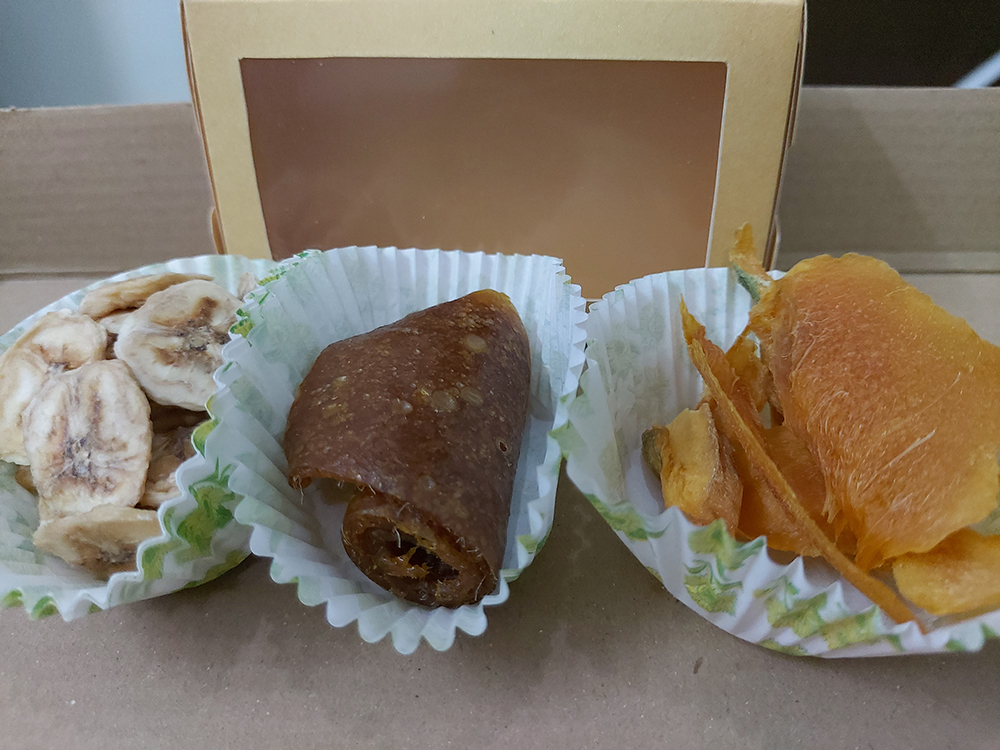
Currently, we work with a handful of small businesses, providing them with products specification and data we gather from production to distribution.
Which challenges did you encounter when you were building your start-up?
“I introduced my greenkeepers to the prototype and I thought it would be an easy negotiation. But actually, it was really hard to convince farmers to team up with me. There is a system, a middleman and a model in place in Sudan which is very traditional. What I am doing is new and innovative, and explaining Akhdar’s principle to the middlemen, is challenging for multiple reasons. I rather speak directly to the farmers, in ordr to know more about their products and way of functioning. Business to Business service is vital for our existence and facilitate the progress. I work together with the business network of my family, well-known Sudanese influencers and small juice company that uses our (mango) powders. ”
Where would you like to see Akhdar in 5 years?
“I hope to see our farmers maximising their profit and using our drying machines to their maximum potential. Currently, we work with a handful of small businesses, providing them with products specification and data we gather from production to distribution. But we aim to work together with bigger companies too, as they are frontrunners of the agricultural sector. Although, I observe that if you collaborate with smaller start-ups, you can achieve more results than if you start with bigger companies, as they really take your advice in consideration. My team of workers currently support with 30 different farmers across three states.”
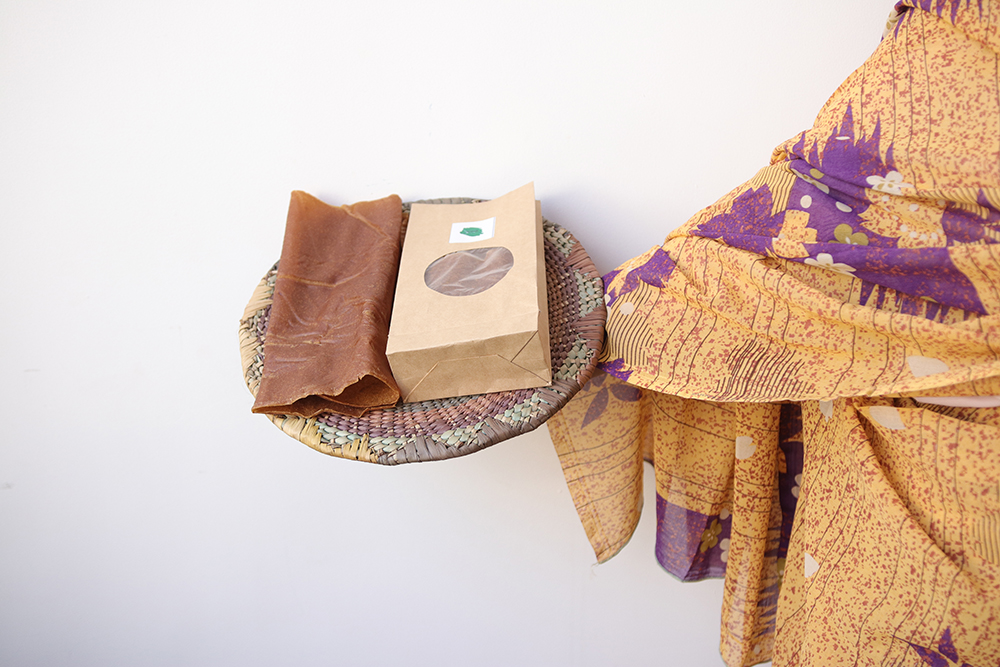
I work together with the business network of my family, well-known Sudanese influencers and small juice company that uses our (mango) powders.
What advice would you give other entrepreneurs?

Following your passion is not such as a puzzle as you think it is. But it does require a lot of energy to keep pushing forward to get where you want to be. You have to invest time in your start-up. If don’t believe in it, it will be really hard to get it to a better place. So my advice would be, work on your passion in a determined, active and everyday matter. They will always say, don’t fall in love with your business. Because it will be hard to see what the market is saying to you. But it helps to say that you have to find a place where you balance this, you don’t have to fall in love with your business, but it should be coming from a place of love. It should be somewhere on the safe middle ground, where actually you understand what you’re doing and the new developments will motivate you. if you stop investing in solving a problem, I don’t think you would ever be capable of keeping going.
Also: talk to your team. We discuss for example what has been happening with our farmers and in our business sector. We talk about the struggles we face within our team and we help each other out to reach everyone’s maximum potential. We learn by making mistakes, but we do need the necessary tools and support to get back up and go further. ”
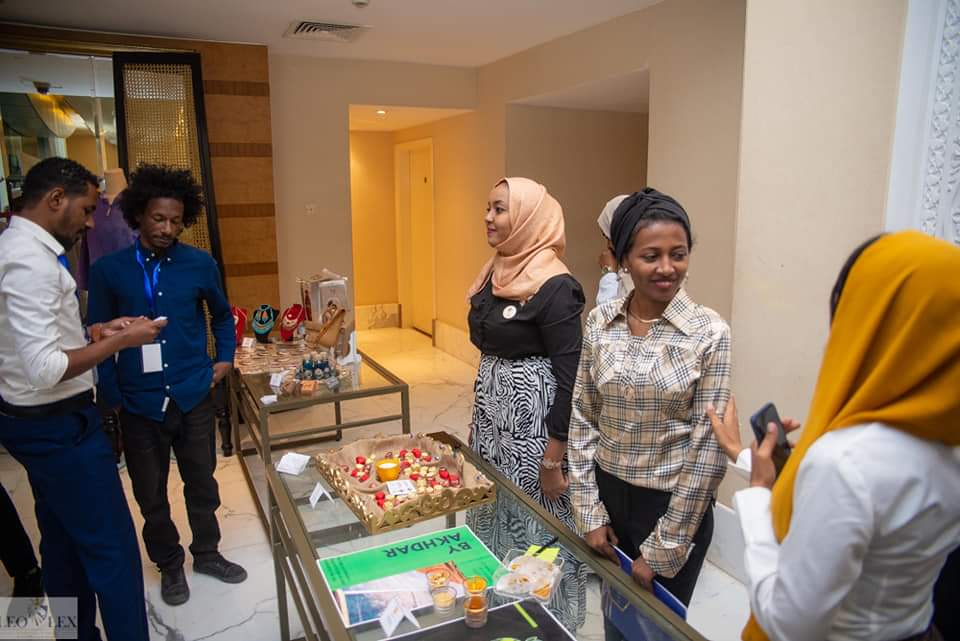
Found out more about the Demo Day and Ethar’s participation here:

